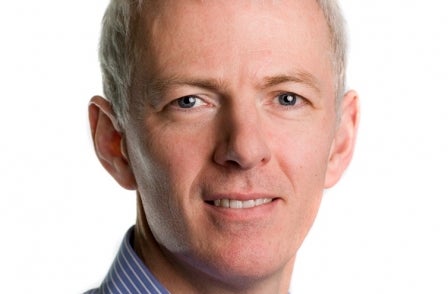
UK-based Thomson Reuters journalist Tom Bergin has told Press Gazette the inside story of his four-month investigation into the tax-avoidance strategies of coffee giant Starbucks.
Bergin was nominated for the Paul Foot Award for investigative journalism after he revealed that Starbucks had paid just £8.6m in corporation tax despite a UK turnover of £3.1bn in the last 13 years.
We looked at their accounts across around a dozen different countries, going back 14 or 15 years. We went through transcripts of maybe ten years, conference calls, and interviews that senior executives had given. We wanted to see how consistent the statements were – that was the aim of this story.
As we went through it, the accounts and jurisdictions didn’t make a lot of sense to me. It required us going through a lot of information to get a small amount of information on it, and we found pure contradiction between what the tax authorities had been told and what investors had been told.
I came across this small reference to Starbucks having a discussion with the tax authority about transfer pricing, and after doing a little bit of research on transfer pricing and talking to former taxmen, I realised it’s a bigger deal than it sounds. It was a case of looking into what their accounts actually show, and we saw that this major corporation hasn’t reported any profits in the last 14 years, which looked really unusual.
We realised that, having looked at their financial performance, it required more investigation as to why they weren’t profiting.
It was clear with this kind of investigation we were going to have be thorough in investigating the case. If one was going to be fair to the company, we would have to spend time talking to them. A big part of the investigation was trying to seek information from the company, to explain why things that looked unusual to us perhaps were not, so we gave them every opportunity to explain. A huge amount of time was spent trying to get the company to explain to us, to give them an opportunity to correct us and put a different perspective on it .
One of the difficulties that we had was that companies take so long to reply, as they aren’t eager to talk about their tax affairs, so we spent a lot of time trying to have a conversation with them. We did not get the level of response to the questions that we would have hoped to and indeed one of the things that moved the conversation along was chasing the UK chief executive Kris Engskov down the street. After that, we did get a response, and had a brief interview with the executive over the phone.
We were constantly checking other coffee chains, to see if this was normal in the coffee industry. We knew it would take a lot time, it was clear from the outset it wasn’t going to be short investigation.
We didn’t set out with an idea that there would be protests outside stores. The aim was to illustrate to people how these things happen, we thought it important for our readers to learn about the tax system works for large corporates, and how maybe large companies don’t pay as much tax as they might think.
We are pleased that we have informed a debate, and three years ago there wasn’t much written about tax, but now so many publications have shown that the quality of reporting on taxation has improved massively. We are happy that our story resonated with people and happy because people believe the facts, and the trust of it. We are happy to feed into what is an important debate in the UK
Email pged@pressgazette.co.uk to point out mistakes, provide story tips or send in a letter for publication on our "Letters Page" blog
